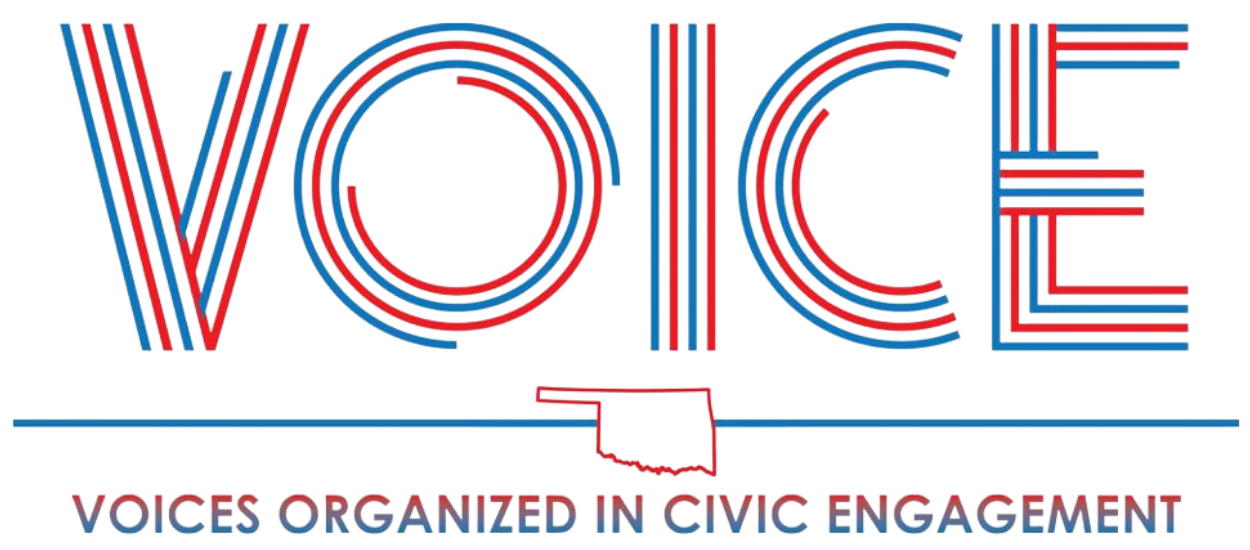High Stakes Testing
By Heather Sparks, the 2009 Oklahoma Teacher of the Year, former Assistant Principal, and Treasurer of the VOICE Education Fund
Tears, anxiety, frustration. These are just a few of the words parents used to describe the effects of high stakes testing on their children in 2012. The VOICE Education Action Team studied the testing issue extensively before creating a presentation that educated the public about the origins and impact of such testing in schools. We then took the presentation on the road in 2013-14 to more than 75 venues across the state of Oklahoma where families often shared their personal experiences with testing.
We heard from parents of a third grader who had to be prescribed anti-anxiety medication because of the pressure to pass the third grade reading test. We also heard stories of students who had to abandon all elective classes like band and drama because they were required to enroll in testing “support” classes due to previous low test scores. These depressing stories were common across the state and it was clear that the general consensus was that we were over-testing our students with little or no benefit.
In addition to parents, educators also shared their stories. They expressed concerns about the number of tests (46 given over grades 3-12) and the amount of time spent preparing for and administering those tests. They also shared the stories of their students, breaking down in tears, when the number correct appeared on their screen at the completion of the test showed they did not pass.
Adding insult to injury, the test results were then used by the state to assign schools one letter grade that supposedly represented the school’s overall performance. Researchers from both OU and OSU confirmed that the A-F School Report Card, however, did little more than reflect the number of students in poverty at a given school. The higher the percentage of students receiving free or reduced lunches, typically the lower the school’s grade.
By spring of 2014, the new State Superintendent of Schools, Janet Baressi had failed to consider any revisions to the testing policies nor to the school report cards. Six candidates challenged the incumbent, so VOICE coordinated an accountability session for those candidates at Oklahoma City University in June of that year and drew more than 1,500 to the event. Baressi chose not to participate and came in last place in the Republican primary. The eventual winner, Joy Hofmeister, met with VOICE leaders on several occasions and worked to lobby legislators to make changes to both the state testing program and the A-F School Report Cards.
With the continued pressure provided by VOICE and our advocates, changes were made and in the spring of 2017, the number of tests students are required to take in grades 3-12 has dropped to 15. In addition, the rules for calculating school letter grades have been modified, and while not yet perfect, are better at reporting actual school performance.
VOICE members recognize the ongoing need to advocate for public schools and the students they serve and will continue to do so now and into the future.
